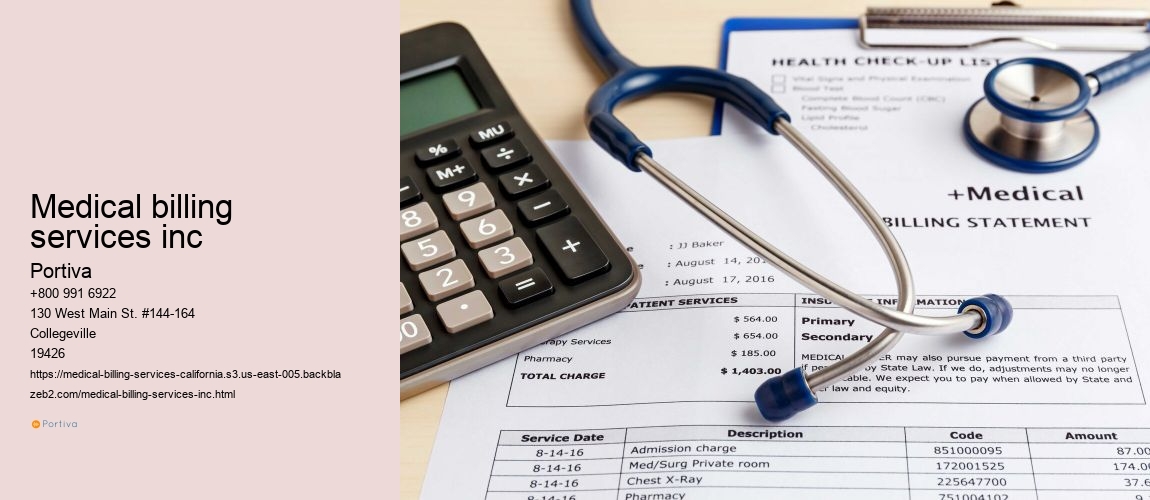
Medical billing services in the USA involve the process by which healthcare providers submit claims to payers and bill patients for their financial responsibility, ensuring that healthcare providers are paid properly and on time. This essential process, which is the backbone of the healthcare industry, starts at the front-end of the billing process while coders translate medical records.
A medical billing software is a computer program designed to automate the process of healthcare billing. It provides medical practices and billing companies with a streamlined and cost-effective way of managing their billing operations. Medical billing software significantly improves reimbursement rates, optimizes revenue, and ensures the financial health of their businesses.
Billing information refers to the details that allow individuals or entities to access a customer or donor's account. This information is used for various types of accounts including credit card, checking account, savings account, utility bills, mortgage loan accounts, or debit cards.